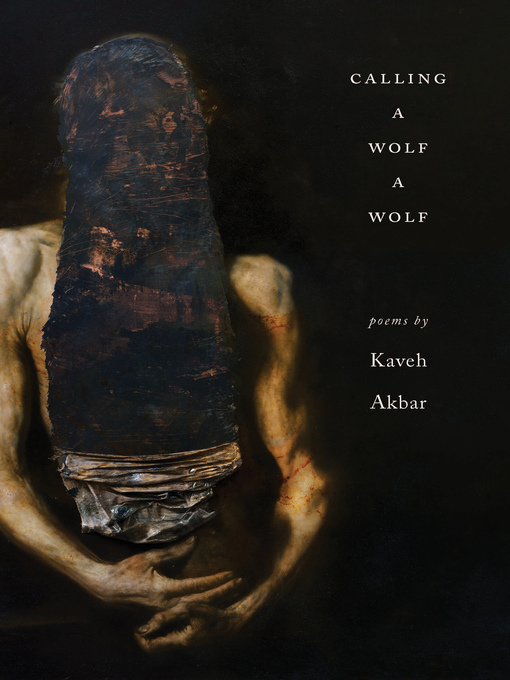"The struggle from late youth on, with and without God, agony, narcotics and love is a torment rarely recorded with such sustained eloquence and passion as you will find in this collection." —Fanny Howe
This highly-anticipated debut boldly confronts addiction and courses the strenuous path of recovery, beginning in the wilds of the mind. Poems confront craving, control, the constant battle of alcoholism and sobriety, and the questioning of the self and its instincts within the context of this never-ending fight.
whatever's real to you, you have to clomp
through fields and kick the caps off
all the toadstools. Sometimes
you have to march all the way to Galilee
or the literal foot of God himself before you realize
you've already passed the place where
you were supposed to die. I can no longer remember
the being afraid, only that it came to an end.
Kaveh Akbar is the founding editor of Divedapper. His poems appear recently or soon in The New Yorker, Poetry, APR, Tin House, Ploughshares, PBS NewsHour, and elsewhere. The recipient of a 2016 Ruth Lilly and Dorothy Sargent Rosenberg Fellowship from the Poetry Foundation and the Lucille Medwick Memorial Award from the Poetry Society of America, Akbar was born in Tehran, Iran, and currently lives and teaches in Florida.


